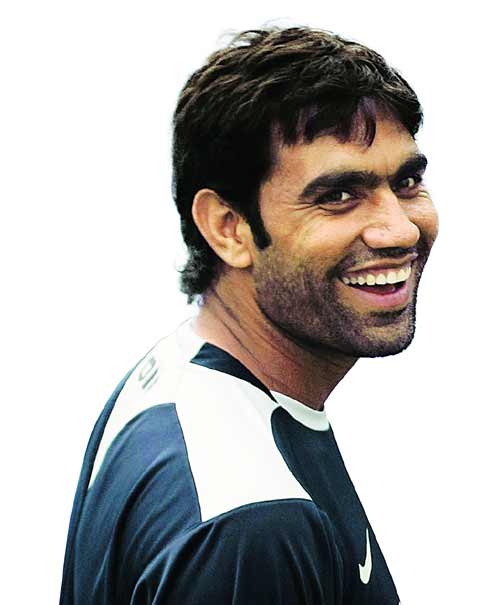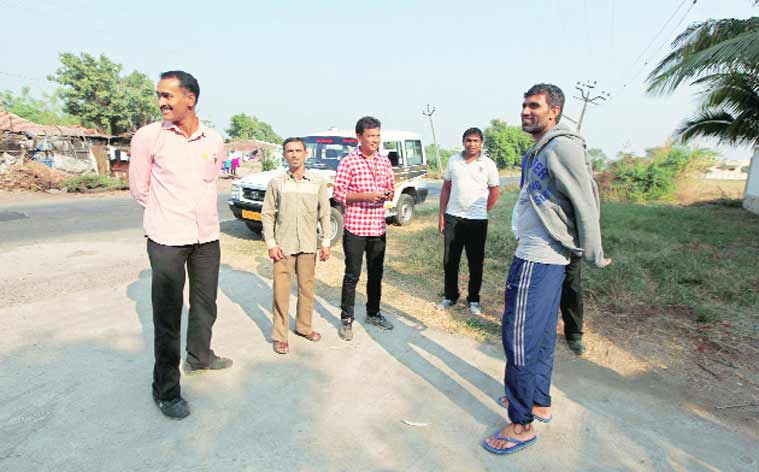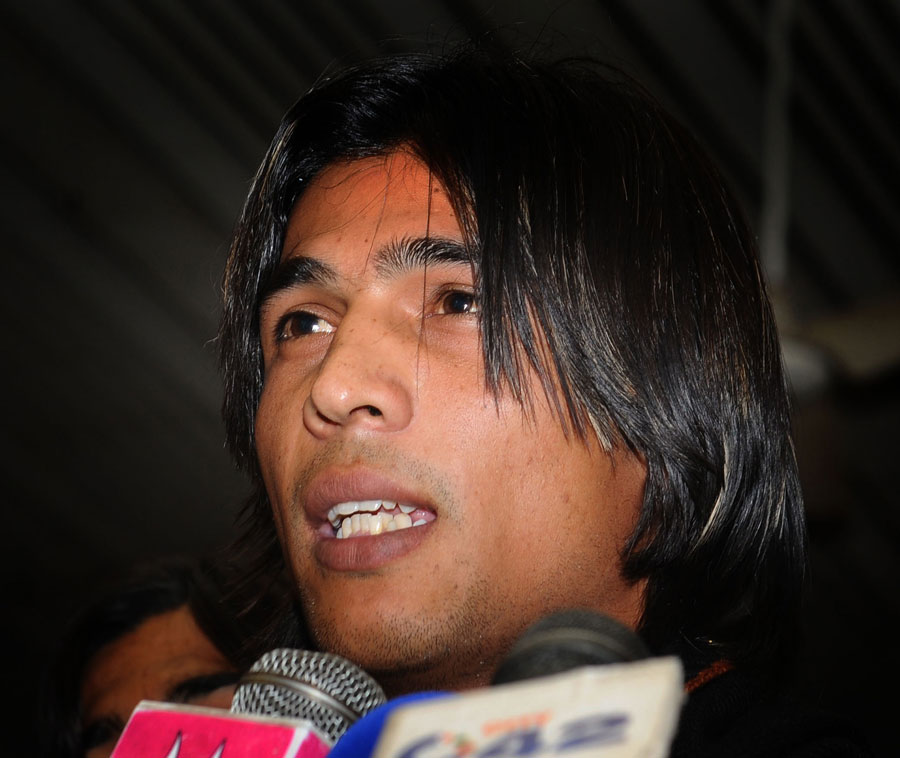A joke or laughter from a position of superiority over other people is unworthy of moral support, although it may obtain legal protection
Charlie Hebdo was brutally attacked for its dark sketches of humour; for apparently talking ‘satire to power.’ French President Francois Hollande called the attacks an assault on “the expression of freedom,” and liberal democracies globally have shown their support to protectthis freedom. Cartoonists in solidarity with Charlie Hebdo sketched the incongruity of a pencil and a gun. But what explains this incongruity? What is it about satirical humour that can invite such anger or can justify its protection, even through so-called “legitimate” state violence?
Novelist Salman Rushdie, a victim/perpetrator of such violence, calls this “art of satire” a “force of liberty against tyranny.” Spanish painter Francisco Goya was at odds with Fernando VII for the cartoons that he sketched, and it was Honore Daumier’s caricatures of King Louise-Philippe and the French legislature that landed him in prison. Before I continue, here are two disclaimers: first, interrogating the value of humour or satire does not in any way imply justifying the attack and the killings, for these are separate categories. Second, several of the anti-Islamic cartoons of Charlie Hebdo are not really ‘satires’ in the strict sense, for they seem to lack the complexity and the nuances implicit in the genre.
A shared world
Understanding a joke presupposes a common social world; a shared intersubjective community. There need not be an agreement about the worth of the joke itself, but it presupposes the fact that a sense of humour requires a shared lifeworld and not an individualistic, solipsistic and atomised world. Humour is, therefore, highly local; it throws light on our situation, it tells us something about who we are, it brings back to consciousness the hidden and it familiarises the unspoken. Umberto Eco wrote an illuminating essay on something as trivial as eating peas with a fork in airline food — transforming the real and everyday into something surreal and unfamiliar. R.K. Laxman’s political cartoons, ‘The Common Man,’ used domestic, everyday images of a middle-class family to challenge mainstream politics. Although he mounts a successful challenge to politics, his portrayals of domesticity unknowingly reveal gendered relations within Indian homes, for instance, between the husband and wife. In a similar analogy, as the Marxist commentator Richard Seymour suggests, Charlie Hebdo may be mocking the extremists, but that mocking itself reveals a certain racist undertone.
The mechanism of humour, caricatures and satires is to distance us from the local and the familiar and transform it to the unfamiliar. This “distancing” helps us to better see the absurdity in our social conditions. English philosopher Simon Critchley uses religious metaphors to suggest that laughter has a “messianic” and a “redemptive power” because it can reveal a situation and also indicate how it might have changed. But the flip side of jokes and satires being highly context-specific and localised is that humour can often also be parochial, ridiculing outsiders and foreigners. Watching “Monty Python” now, three decades since it was made, I realise the parochial stereotyping that the film indulges in.
Is humour and this “art of satire” — in itself and inherently — worthy of protection as several are claiming it to be? Not necessarily. A joke or laughter from a position of superiority over other people considered inferior is unworthy of moral support, although it may obtain legal protection. The philosopher Jason Stanley pointed out that there is a difference in France between mocking the Pope and mocking Prophet Muhammad. “The Pope is the representative of the dominant traditional religion of the majority of French citizens. Prophet Muhammad is the revered figure of an oppressed minority. To mock the Pope is to thumb one’s nose at a genuine authority, an authority of majority. To mock Prophet Muhammad is to add insult to abuse.” This argument by Mr. Stanley is an instance of humour where the power relation is already precarious — embedded in a culture of white, Western supremacy. So the cartoon may not be speaking resistance to power, but may itself be embodied in power, ridiculing the powerless.
To be clear, India’s External Affairs Minister Sushma Swaraj and Prime Minister Narendra Modi may show their support to France, but the Indian legal framework would most likely never tolerate such cartoons. Be it the Hicklin test in Ranjit Udeshi (1964) or the Community Standards test in Aveek Sarkar (2014), there is little doubt that the images would be held obscene under Section 292 of the Indian Penal Code by the Supreme Court (“…a book, pamphlet, paper, writing, drawing, painting, representation, figure or any other object, shall be deemed to be obscene if it is lascivious or appeals to the prurient interest or if its effect…”). The threat of public disorder is etched deep in our judicial psyche, and the probability that Charlie Hebdo-styled art would receive protections under Article 19 of the Constitution (freedom of expression) is almost close to impossible. Does that mean India is less of a liberal democracy by doing this? The debate is fast becoming a “liberal democracy” versus “religious extremism” rupture, but it is not clear whether liberty has such a clear moral victory over these offended subjects of humour.
There is absolutely no justification for the brutal attacks on Charlie Hebdo, and solidarity with the publication is unconditional. The attempt here is to merely nuance the debates on the second aspect of this issue: the rhetoric of liberal, democratic free speech.
The notion of “power” is being ignored in our thinking about free speech in liberal democracies. Liberalism may encourage liberty and autonomy in speech and expression, but we are not abstract individuals freely expressing our thoughts in an ideal society. We are thrown into a shared and coexistent world where power relations obscure the suspicious neatness of liberalism.


